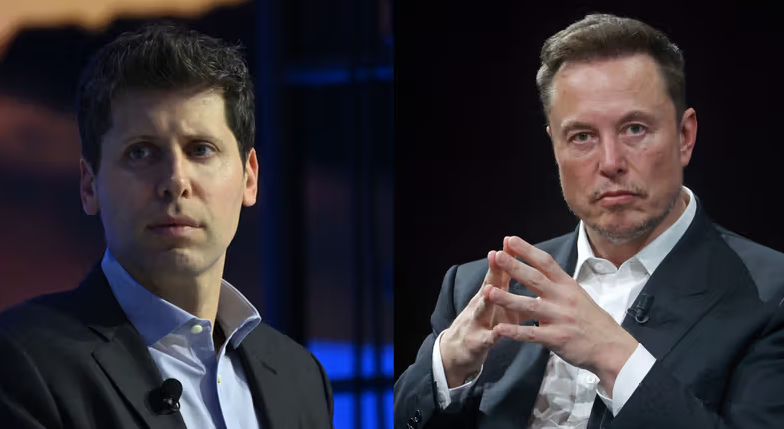The ongoing legal battle between Elon Musk and OpenAI has taken a dramatic turn, with the billionaire filing an injunction to prevent the artificial intelligence company from converting to a for-profit model. Musk’s legal team argues that this shift would not only violate the company’s founding principles but could also foster anti-competitive practices, potentially stifling rivals in the growing AI industry, particularly Musk’s own venture, xAI.
Musk’s Legal Challenge: Fighting OpenAI’s For-Profit Conversion
Elon Musk has filed a significant motion against OpenAI, this time focusing on the company’s decision to transform into a for-profit entity. This latest development is part of an ongoing legal battle, where Musk claims that the shift threatens to undermine competition in the AI market.
The injunction Musk seeks would prevent OpenAI from moving forward with its new business model, which Musk views as aligning the company too closely with one corporate backer, namely Microsoft.
Musk’s legal filing also names key figures at OpenAI, including CEO Sam Altman and President Greg Brockman, alongside high-profile partners like Microsoft’s Vice President of Technology & Research Partnerships, Dee Templeton, and LinkedIn co-founder Reid Hoffman. The lawsuit claims that these individuals stand to benefit financially from the transformation, which Musk alleges could harm other AI players, particularly his own startup, xAI.
Allegations of Antitrust Violations and Competitive Harm
At the heart of Musk’s injunction is a serious antitrust complaint against both OpenAI and Microsoft. The legal team accuses the companies of conspiring to create an anti-competitive environment that could prevent other firms from succeeding in the AI market. Specifically, the complaint alleges that OpenAI and Microsoft have advised investors to avoid backing competitors like xAI, a company Musk founded to challenge the dominance of major AI players.
Musk’s legal team also contends that OpenAI has wrongfully acquired sensitive competitive information through its relationship with Microsoft, further consolidating its influence in the AI sector. According to the filing, OpenAI’s growing partnership with Microsoft represents an unfair advantage, which Musk believes could hurt smaller companies striving for a foothold in the AI industry.



